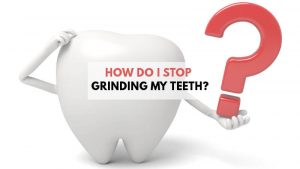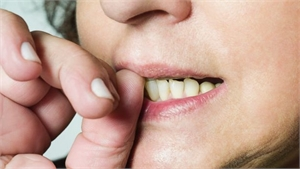24 / 05 / 2023
The Impact Of Stress On Your Jaw
The pressures of life can have a significant impact on stress levels.
Stress can impact on health and wellbeing and manifest itself in a number of physical ways and while a restful night’s sleep is so important for the body and mind, a large number of people due to stress have stress-related sleep disturbance.
However the state of the mouth can also be adversely affected by stress, with people experiencing a condition known as bruxism – the dental term for teeth grinding and jaw clenching.

Bruxing is generally described as clenching or grinding of the teeth, but these are distinct activities that sometimes have different causes and impact on the patients wellbeing. Clenching is characterized by the bracing of the jaws, involving no movement. In grinding the lower jaw is tightened and moved sideways against the upper jaw. Therefore people who clench their teeth are more likely to report aching jaws with hardly any wear marks on the teeth. On the other hand, grinding is likely to leave distinct patterns of tooth wear. However, this can become clear only during a dental examination.
Grinding is more likely to occur in sleep bruxism or at night. For the layman, the most prominent symptom would be the sounds of gnashing and grinding while asleep. Grinding is probably related to the central nervous system with disturbances in neurotransmitters and is thought to be related to sleep disturbances. Though the affected person may remain unaware, bed partners or parents are the first ones to hear the sound. Additionally, night grinders would feel discomfort in their jaws first thing in the morning which gradually decreases during the day.
On the other hand, clenching is more commonly observed during awake bruxism when the person is either under some sort of work pressure, working with intense concentration or feeling stressed. The person is likely to be symptom free in the morning but may begin to feel worse as the day passes. Clenching is thought to be semi-voluntary and is often accompanied by other oral habits like cheek biting, tongue thrusting and nail biting.

We have noticed an increase in the amount of people we see who needing help to manage their clenching and grinding. Lost fillings and loosened crowns are often contributed to the clenching and grindig habit.
At Absolute Dental we can help to lessen the effects of a grinding habit, so please do ask us at your next appointment of the ways in which we can help.
GET IN TOUCH WITH US
- 3 Duke Street Court
- Bridge Street
- Kingsbridge
- TQ7 1HX











